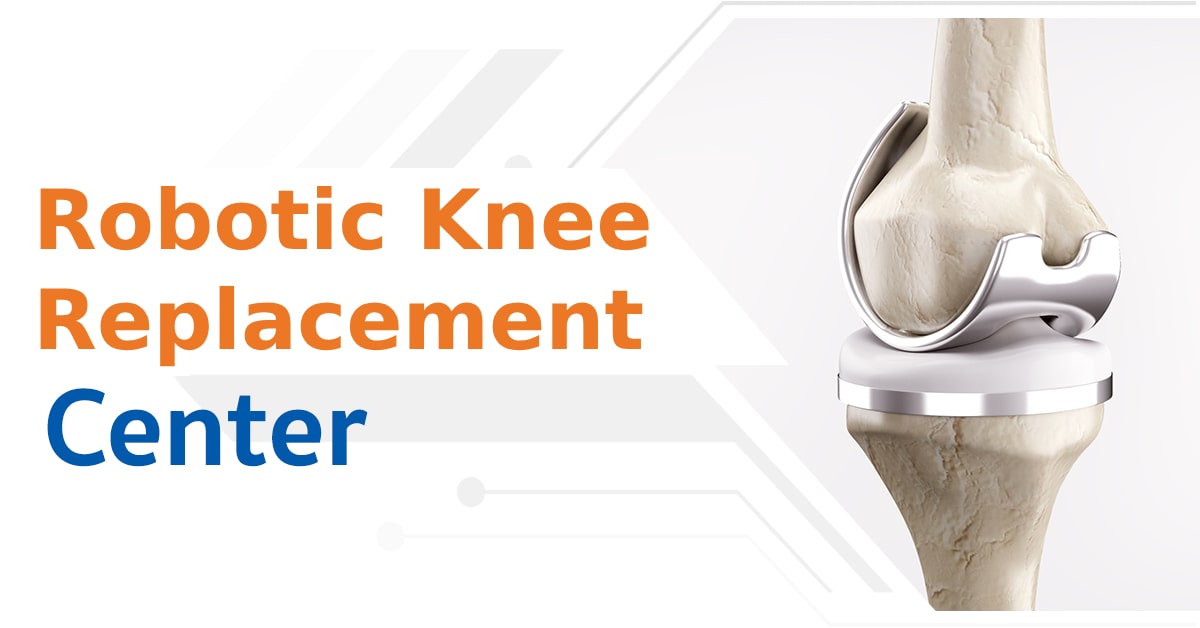
Pinched Nerve
Overview
A pinched nerve occurs when surrounding tissues, such as bones, cartilage, muscles, or tendons, compress a nerve. This compression can cause symptoms like pain, tingling, numbness, or weakness in various parts of the body. Commonly, this condition originates in the neck (cervical radiculopathy), the upper middle back (thoracic radiculopathy), or the lower back (lumbar radiculopathy). Pinched nerves can also happen in the hand, elbow, and wrist, with carpal tunnel syndrome being a notable example that affects the wrist.
Pinched nerves can lead to various symptoms across different parts of the body. For example, a pinched nerve in the cervical spine might result in a stiff neck, accompanied by pain and numbness that can radiate to the shoulder and arm. Similarly, when a lumbar nerve in the lower back is compressed, it can cause pain that extends to the back, hips, buttocks, and legs. Furthermore, thoracic radiculopathy, another manifestation of a pinched nerve, can lead to pain in the chest area—a symptom that demands serious attention. In cases of severe chest pain, it is imperative to promptly contact a healthcare provider.
Many individuals recover from a pinched nerve with rest and conservative treatment methods within a few days to weeks. However, some cases may require surgery to relieve the pain caused by the nerve compression.
Symptoms
Symptoms of a pinched nerve can include:
- A feeling of tingling, similar to pins and needles.
- Decreased sensation or numbness in the area the nerve serves.
- Weakness in the muscles of the affected area.
- Pain that is sharp, aching, or burning, which might spread outwards.
- A common sensation that a foot or hand is “asleep.”
- Symptoms might worsen during sleep.
While symptoms of a pinched nerve can often be alleviated with rest and over-the-counter pain medication, you should consider seeking medical advice if your symptoms persist for several days without improvement despite self-care measures.
Cause
A pinched nerve occurs when excessive pressure, also known as compression, is exerted on a nerve by surrounding tissues. These tissues can include bone or cartilage, as seen in cases where a herniated spinal disk compresses a nerve root. Additionally, muscles or tendons may also contribute to nerve compression.
In conditions like carpal tunnel syndrome, various tissues can be responsible for compressing the median nerve within the wrist’s carpal tunnel. This compression may result from swollen tendon sheaths within the tunnel, enlarged bone narrowing the tunnel, or a thickened and degenerated ligament.
Several conditions can lead to tissue compression of a nerve or nerves, including:
- Damage.
- Overweight.
- Pastimes or sports.
- Wrist arthritis or rheumatoid arthritis.
- Anxiety brought on by tedious labor.
When a nerve experiences brief pinching, there is typically no lasting damage. Once the pressure is alleviated, nerve function typically resumes. However, if the pressure persists, it can lead to chronic pain and permanent nerve damage.
Risk factors
Several factors may elevate the likelihood of developing a pinched nerve:
- Attributed sex at birth. Perhaps because their carpal tunnels are smaller, women are more likely to acquire carpal tunnel syndrome.
- Bone spurs. Bone spurs can result from trauma or diseases like osteoarthritis that thicken the bone. Bone spurs have the ability to pinch nerves and stiffen the spine by constricting the area where your nerves pass.
- Rheumatoid arthritis. Particularly in your joints, rheumatoid arthritis-related inflammation can compress nerves.
- Diseases of the thyroid. The risk of carpal tunnel syndrome is increased in those with thyroid dysfunction.
Other risk factors include:
- Diabetes. Diabetics are more likely to experience nerve compression.
- Excessive utilization. The risk of developing a pinched nerve is higher in occupations or pastimes that demand repetitive hand, wrist, or shoulder movements. Work on assembly lines is included in this.
- Being overweight. Nerves might become more compressed by excess weight.
- Being pregnant. Pregnancy-related weight gain and water retention can expand nerve pathways and pinch your nerves.
- Extended rest in bed. When asleep, symptoms of a pinched nerve may exacerbate. Utilizing self-care methods such as rest and over-the-counter pain relievers often help alleviate these symptoms. Nonetheless, if the symptoms persist despite these measures for several days, seeking medical advice for further evaluation and guidance is recommended.




















